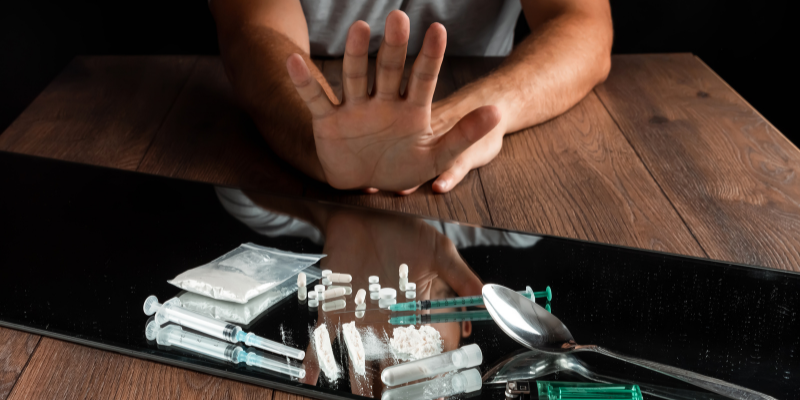
Major depression isn’t a choice or something that, “just goes away” over time. Depression is a brain issue. The longer depression is left untreated or ineffectively treated, the higher the risk of suicide becomes—especially in those with co-occurring mental health issues.
In fact, a 2009 study revealed that 80% of suicide attempts were due to mental disorders, primarily related to anxiety, depression, impulse control and substance abuse.
At Amen Clinics we have noticed two different types of suicide risk groups:
1. Those Who Cry Out for Help
The first suicidal risk group are those who express sadness and hopelessness through suicidal communication. This group often uses suicidal behavior to manage or work through difficult feelings.
The major warning signs are:
• Recklessness
• Cutting or threats of self-harm
• Increased alcohol consumption
• Mild-to-moderate drug overdoses
• Talking or writing about death/suicide
2. Those Who are Withdrawn and Hopeless
The second suicide risk group are those who withdraw, almost completely, into a deep sense of hopelessness and helplessness. This group is often quieter, and they are at highest risk for using lethal methods to complete suicide.
The major warning signs are:
• A lack of usual and prior emotional vitality and human connectedness
• Becoming withdrawn, apathetic and disconnected from the world
• The tendency to push others away, both passively and actively
• No longer taking advantage of opportunities in life
• Giving away personal items
What We Know Through Brain SPECT Imaging
We have seen that there are certain brain system activity patterns that demonstrate a person’s vulnerability to suicidal ideation and follow-through. If help is sought early enough, a targeted treatment plan can be created (using multiple methods) to effectively manage and recover from major depression and/or the co-occurring mental health issues that worsen depression.
A Note About Survivor Guilt
When suicide does occur, the act devastates lives. Family members are often left confused, wishing that they could have known—could have done something to prevent it. Sometimes they even blame themselves for not knowing their loved one was contemplating suicide and carry this emotional pain with them through their life.
This is called survivor guilt, and left unsupported, it can also cause major depression… or lead to suicide. If you or a loved one is struggling with survivor guilt, seek help and connect to support groups. Please don’t suffer in silence.
Let Us Help Today
We will help you learn more about your brain and how to feel better. Give us a call at 1-888-288-9834 or click here to schedule an appointment.
The National Suicide Prevention Lifeline is a United States-based suicide prevention network of 161 crisis centers that provides a 24/7, toll-free hotline available to anyone in suicidal crisis or emotional distress.
Call 1-800-273-8255.





No Comments »
No comments yet.
RSS feed for comments on this post.
Leave a comment